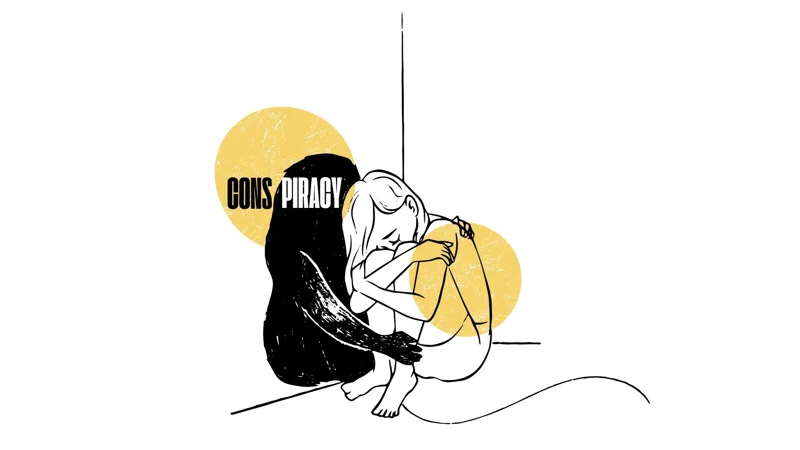People believe in conspiracies as a way of belonging, new research
New findings suggest that interest in conspiracy theories is less about personal beliefs alone and more about the search for belonging. Over five years, researchers followed people who were gradually drawn into such ideas and concluded that the decisive factor was not isolation but the sense of collective action and shared purpose, Kazinform News Agency correspondent reports, citing Phys.org.

The familiar image of a lone social media user lost in conspiracy content is fading. Increasingly, people are forming groups, holding meetings and rallies, and taking part in protests against infrastructure projects and public health measures.
According to the study, debates about 5G, COVID-19 or so-called “15-minute cities” often move quickly from private curiosity to organized activism. The researchers joined online discussions, attended local gatherings, and traced how initial doubts could evolve into street protests.
Experts note that the first step is often triggered by difficult life events, like losing a job, the death of a loved one, or a strong sense of injustice. In these situations, people search for answers and may adopt explanations that point to hidden powers. Participants themselves describe this as an “awakening,” the moment when the world suddenly seems to work in a completely different way.
The feeling of community is central here. In group chats and public meetings, people find support and connect with others who share their suspicions. For many, these networks have replaced traditional social spaces that are disappearing from everyday life.
The appeal of conspiracy theories often grows out of the idea of “doing your own research.” Followers search for articles and documents, many of questionable quality, but treat the process as proof of independence. Taking part in debates boosts self-esteem, creates a sense of expertise, and gives people a purpose.
Over time, these communities can turn into organized networks for protest. For example, opponents of “15-minute cities” view them as an attempt to restrict freedom of movement and stage demonstrations under slogans about resisting “tyranny.”
Consequences
Activism rooted in conspiracy theories carries risks. People may drift away from family and friends, and in some cases face criminal charges. Targeting the wrong enemies can also cause harm to outsiders and erode trust in public institutions, while genuine cases of abuse or corruption remain overlooked.
Researchers also point out that so-called “conspiracy entrepreneurs” benefit the most. They capitalize on public distrust and turn it into business, like selling books and giving lectures, or marketing “alternative” products and services.
Earlier, Kazinform News Agency reported on the rapid spread of AI-generated “slop” - mass-produced low-quality digital content.
